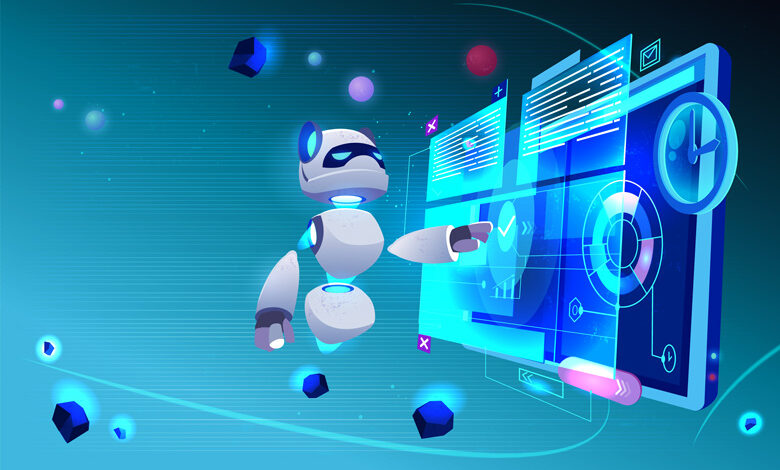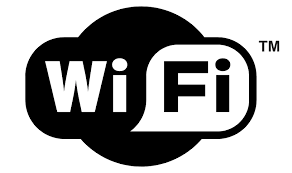
Engaging with customers in meaningful ways is no longer optional but necessary for businesses today. Artificial intelligence (AI) has provided marketers with innovative tools that can revolutionize audience interactions. By leveraging chatbots, businesses can foster personalized and engaging connections, leading to increased conversion rates and customer loyalty. Here we explore the role of chatbots in marketing strategies.

Chatbots and Customer Engagement
Here are some important points about how chatbots enhance customer engagement and satisfaction:
- Real-time communication: Chatbots meet the demands of today’s consumers by providing immediate and accurate responses, reducing wait times, and increasing satisfaction. This helps build loyalty and trust.
- 24/7 availability: Chatbots enable brands to offer round-the-clock service without the need for additional staff, ensuring that customers can receive assistance whenever they need it, regardless of the time of day.
- Personalization: Chatbots provide personalized recommendations to customers, fostering loyalty and promoting customer retention.
- Reduced stress levels: Chatbots alleviate stress for customers struggling to navigate a website, resulting in a more positive overall user experience.
- Consistency: Chatbots ensure consistent responses to common issues, maintaining consistency across various customer service channels.
Benefits of Chatbots and Its Role in Conversational Marketing
Consider the following advantages of incorporating chatbots into marketing strategies:
- Cost-effectiveness: Automating tasks through chatbots saves money by eliminating the need for human intervention. Bots handle frequently asked questions, offer essential support, and direct customers to appropriate resources, reducing labor costs.
- Scalability: Chatbots efficiently handle numerous customer inquiries, making them ideal for rapidly scaling customer service operations.
- Enhanced engagement: Chatbots engage customers through conversational interactions, proving more captivating than traditional marketing methods. Natural language processing and machine learning enables chatbots to comprehend and respond sincerely to customer queries, enhancing deeper engagement with the business.
- Reduced response time: Real-time responses from chatbots minimize wait times, ensuring prompt customer support. By automating the process of answering frequently asked questions and directing customers to resources, chatbots efficiently alleviate frustration.
- Multilingual support: Chatbots offer support in multiple languages, allowing businesses to engage customers worldwide and cater to diverse preferences. This feature is particularly advantageous for companies operating internationally.
- Data collection: Chatbots facilitate data collection on customer preferences and behavior, contributing to effective marketing strategies and personalized experiences.
Trends in the Chatbot Industry
Chatbots are part of that future, which just a few decades ago was unattainable and only part of science fiction films. I wonder what seems impossible today, but in 10-20 years will it become the norm? Try to answer this question yourself. This may require a VPN on Roku to bypass regional restrictions. It could be VeePN, since it has 2500+ VPN servers and advanced functions for bypassing regional restrictions.
#1 Chatbots Based On Artificial Intelligence Have Become More Humane
Digital advancements have made data invaluable. In 2023, enterprises will depend on customer insights to shape chatbot behavior. New data analysis methods, powered by artificial intelligence, will play a vital role in deriving valuable insights from collected data. Moreover, chatbot AI algorithms can identify patterns and acquire strategies to achieve customer-centric goals. Therefore, integrating an AI-enabled chatbot into your organization’s workflow is a wise choice.
#2 Payment Automation
Businesses can automate simple payments through live chat or messenger apps by deploying chatbots equipped with data security and information protection. This enables conversation-driven cross-selling and upselling. Furthermore, chatbots can provide updates on transaction data, expense records, payment confirmation, and more.
#3 Voice Assistant Integration
AI-powered chatbots can analyze a user’s query and provide a suitable response. Additionally, smartphones and smart speakers have made voice-enabled chatbots widely used. The popularity of voice commerce and voice search is also growing steadily, indicating that voice-powered chatbots are expected to gain traction in the future. Hence, businesses should consider integrating voice-enabled chatbots that offer empathetic and supportive responses when required.
#4 Integration with AR and VR
Businesses can enhance customer engagement by integrating chatbots with augmented and virtual reality technologies, providing a more immersive experience.
#5 Better Analytics
Businesses can gather valuable data on customer preferences, behavior, and satisfaction as chatbots improve their ability to track customer interactions.
The Future of Tech-Driven Marketing

To succeed, staying up-to-date with these changes and effectively leveraging their potential is crucial.
Businesses that embrace these tech-driven marketing trends can expect to:
- Improve consumer engagement: AI, chatbots, and customization enhance consumer engagement and loyalty.
- Enhance efficiency: Automation technologies streamline marketing operations, saving time and money.
- Gain a competitive edge: Early adoption of innovative technology may provide businesses with a competitive advantage in their industry.
Conclusion
Chatbots have brought a number of significant benefits to marketing that are simply inappropriate to ignore now. They can reduce the number of human interventions since clients can solve many issues themselves. With a high probability, the trend toward the introduction of smart chatbots will continue for a long time.




